
The December issue of The Practising Midwife included the slightly more theoretical article ‘Normal birth: social-medical model’.[1] The paper is written by Ms. Jillian Ireland, midwife and Royal College of Midwives (RCM) Union Learning Rep. at Poole Hospital NHS Foundation Trust and Visiting Faculty at Bournemouth University in collaboration with BU Professor Edwin van Teijlingen.
The paper argues that someone’s perspective of birth is not simply semantic. Thus, whether a midwife describes her role as being ‘with woman’ through labour or as someone who ‘delivers’ women of babies does not just demonstrates a more or less currently politically correct description. No, it suggests having different perspectives or world views of pregnancy and childbirth. Sociologists recognise two different approaches as two different models, a social model and a medical model of childbirth. The social model stresses that childbirth is a physiological event that takes place in most women’s lives. The medical model highlights that childbirth is potentially pathological. In the latter view every pregnant woman is potentially at risk, hence she should deliver her baby in an obstetric hospital with its high-technology screening equipment supervised by expert obstetricians. In other words, pregnancy and childbirth are only safe in retrospect.
The Practising Midwife’s paper argues that having some understanding of the underlying sociological models of pregnancy and childbirth can help politicians, journalists, policy-makers, midwives, doctors, and new mothers (and their partners) to put issues around ‘normal birth’ into perspective. This paper builds on previous work by the second author on the medicalisation of childbirth and the social/medical model published in Sociological Research Online[2] and Midwifery.[3]
Prof. Edwin van Teijlingen
Centre for Midwifery, Maternal & Perinatal Health
References:
1. Ireland, J., van Teijlingen, E. (2013) Normal birth: social-medical model, The Practising Midwife 16(11): 17-20.
2. van Teijlingen, E. (2005) A critical analysis of the medical model as used in the study of pregnancy and childbirth, Sociological Research Online, 10 (2) Web address: http://www.socresonline.org.uk/10/2/teijlingen.html
3. MacKenzie Bryers, H., van Teijlingen, E. (2010) Risk, Theory, Social & Medical Models: a critical analysis of the concept of risk in maternity care, Midwifery 26(5): 488-496.
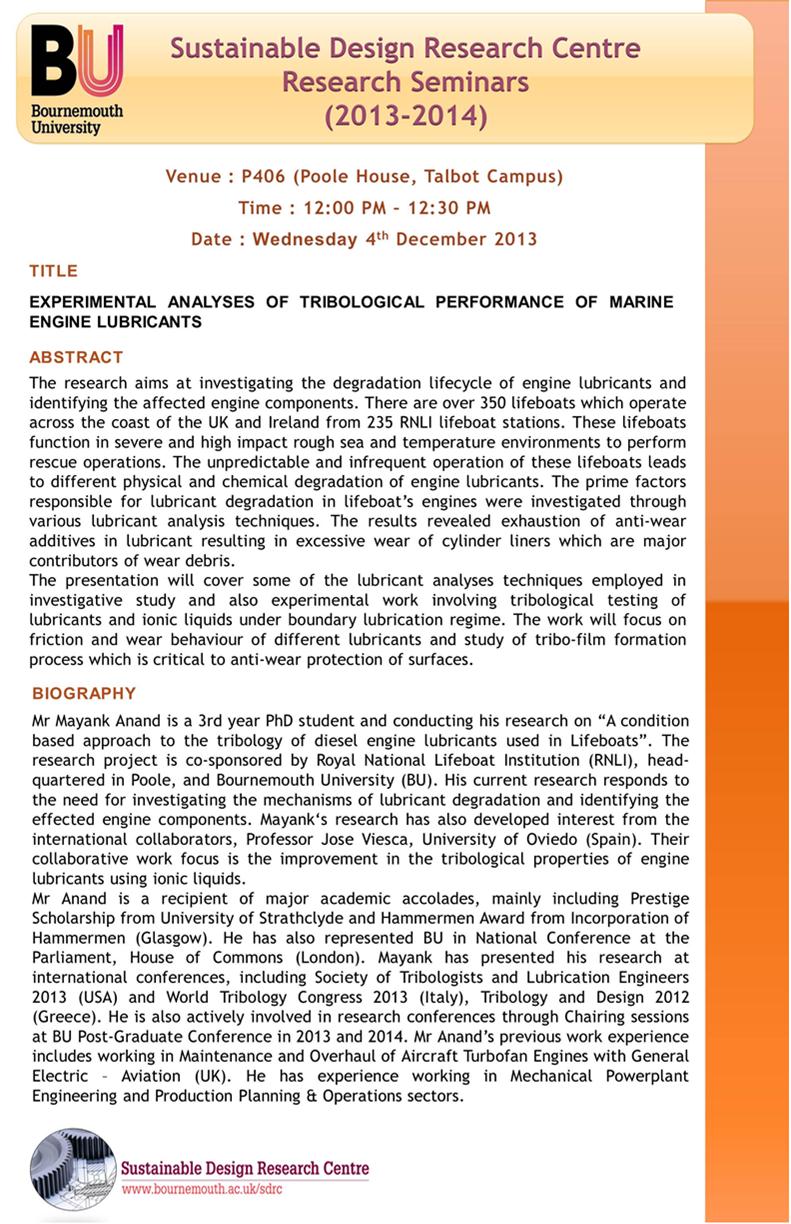

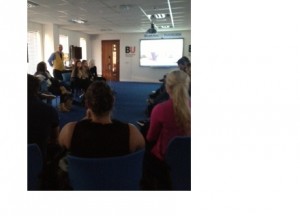

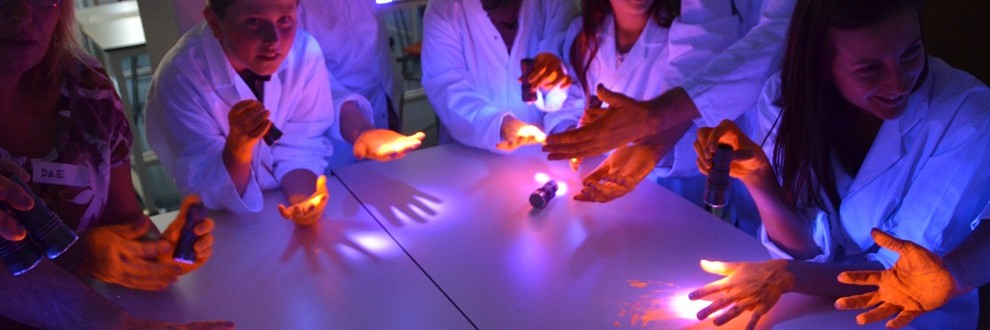
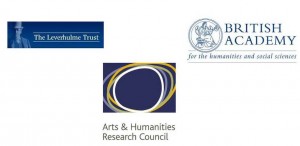
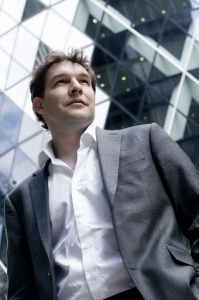
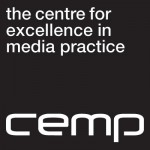
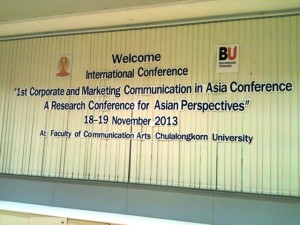





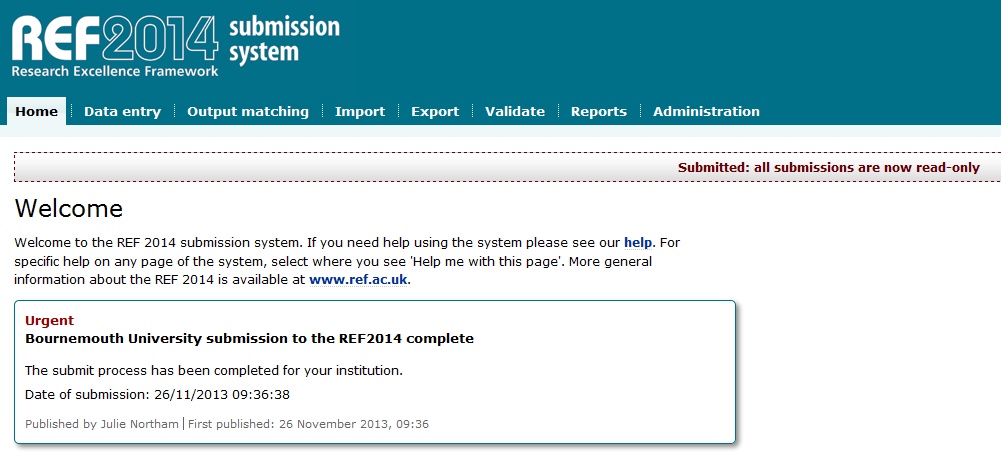

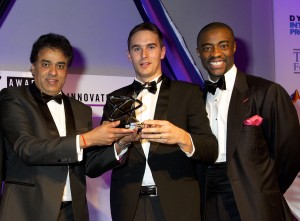











 Seeing the fruits of your labour in Bangladesh
Seeing the fruits of your labour in Bangladesh Exploring Embodied Research: Body Map Storytelling Workshop & Research Seminar
Exploring Embodied Research: Body Map Storytelling Workshop & Research Seminar Marking a Milestone: The Swash Channel Wreck Book Launch
Marking a Milestone: The Swash Channel Wreck Book Launch No access to BRIAN 5-6th February
No access to BRIAN 5-6th February ECR Funding Open Call: Research Culture & Community Grant – Application Deadline Friday 12 December
ECR Funding Open Call: Research Culture & Community Grant – Application Deadline Friday 12 December MSCA Postdoctoral Fellowships 2025 Call
MSCA Postdoctoral Fellowships 2025 Call ERC Advanced Grant 2025 Webinar
ERC Advanced Grant 2025 Webinar Update on UKRO services
Update on UKRO services European research project exploring use of ‘virtual twins’ to better manage metabolic associated fatty liver disease
European research project exploring use of ‘virtual twins’ to better manage metabolic associated fatty liver disease